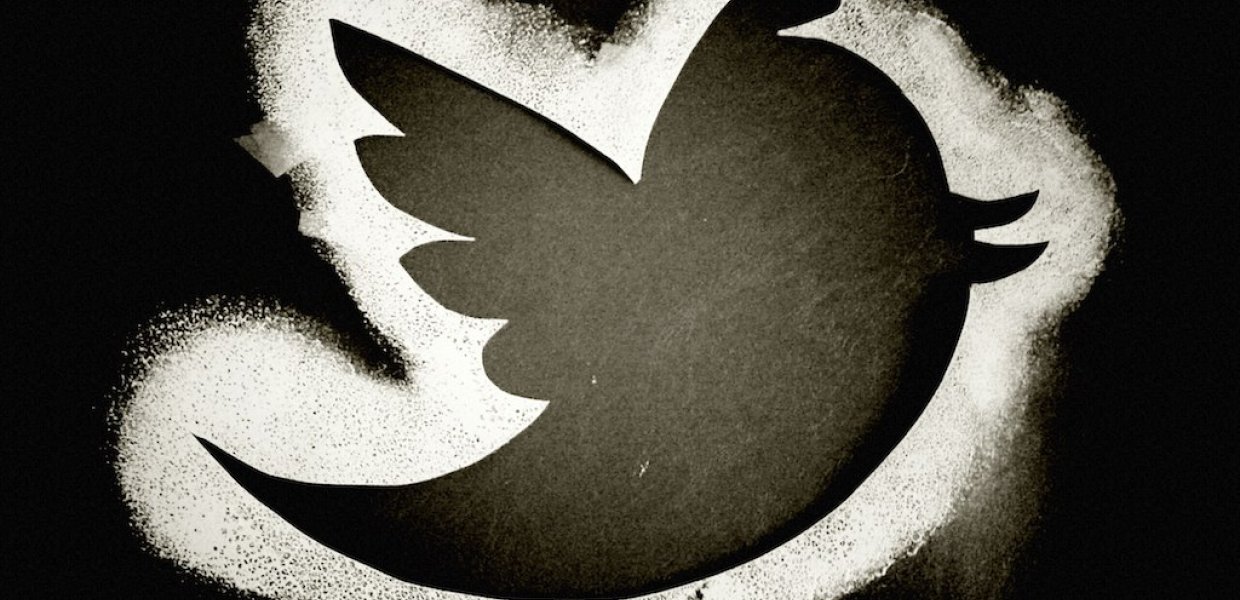Today, government officials including POTUS use Twitter to express their thoughts and spread information—the effects of doing so have immediate and significant effects.
Donald Trump’s use of Twitter reveals how truly powerful modern technology and social platforms can be. Since the start of his campaign, his use of Twitter has not only increased news coverage of his campaign and activities, but has also had tangible effects both domestically and internationally.
Since taking office two of President Trump’s tweets had especially notable effects—in December, after Tweeting about the costs of Boeing’s Air Force One project, the company’s stock dropped about $2 a share.
Something quite similar happened with Lockheed Martin, the firm which produces fighter jets, missiles and other technology for the U.S. Military. After the President tweeted: "Based on the tremendous cost and cost overruns of the Lockheed Martin F-35, I have asked Boeing to price-out a comparable F-18 Super Hornet!," Lockheed stock dropped about two percent, meaning a $1.2 billion drop in the company’s market value.
These two examples are noteworthy because they provide tangible proof that thoughts shared on social media platforms like Twitter can have real, immediate effects. Though these are economic in nature, they are by no means the limit of the effects of Twitter.
The President has expressed opinions on foreign policy, as well. One Tweet concerning China and North Korea garnered a response from Chinese state sponsored news media which stated “Twitter shouldn’t be an instrument of foreign policy."
It is important to note why Twitter can be so dangerous, not only for POTUS, but for anyone in a highly visible position of influence. Twitter, by nature allows its users to express unfiltered, explicit opinions. Moreover, Tweets do not undergo the same scrutiny or review that a traditional statement would, yet its effects can be just as widespread.
Flickr / Photo by Andreas Eldh.









